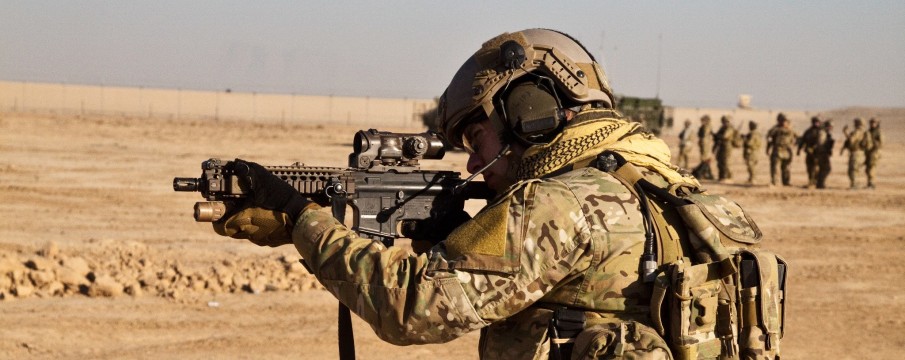With the proposed automatic spending cuts, or sequestration set to begin March 1, 2013, Leon Panetta was quoted saying, “These steps would seriously damage a fragile American economy and they would degrade our ability to respond to crisis precisely at a time of rising instability across the globe.” This year, an approximate $46 billion reduction of spending will result in “a serious disruption in defense programs and a sharp decline in our military readiness,” Panetta also said.
What is Sequestration?
Sequestration is a process of automatic, across-the-board spending reductions to meet or enforce certain budget policy goals. A sequestration was triggered by the Joint Committee’s when it was not able to achieve its goal originally scheduled to occur on January 2, 2013, to affect spending for the fiscal year 2013. However, legislation was enacted on January 2 that delayed this sequester until March 1, 2013 (American Taxpayer Relief Act of 2012, P.L. 112-240).
With this sequestration/sequester looming in the near future, some of the cuts would impact the nations defense budget and would include the following:
- Cutting back on Army training and maintenance
- Shrinking naval operations
- Reducing Air Force flying hours and weapons maintenance.
Our military, especially those who serve within the special operations community, understands that in order to get a job done to the level of proficiency our leaders expect, it takes tons and tons of specialized training.
A couple of years ago while I served as a sniper within the Ranger Regiment, training was something that the we thrived on and credit our lives and mission success to. I remember in some cases, my platoon spending days on the range, sleeping and eating at the range, and not leaving until we had a specific drill or task down to a science, no matter the conditions.
In order for us to conduct such training, we needed to have at our disposal an almost endless supply of ammunition, support, and maintenance. I’m sure that if it were not for the days, weeks, and sometimes months of continuous training, our men would not be able to perform half of the missions we are asked to carry out while deployed.
Take a look at the men who serve in the SEAL and SDV teams. How will the shrinking of naval operations affect their training cycle and combat efficiency? With these proposed cuts, would the future generation of SEALs be able to perform and carry out and accomplish another bin Laden-type raid with a lack of training, ammunition, maintenance, etc.?
Cutting back on the military’s specialty training will only result in the degradation of our troops’ abilities to perform special tasks overseas, such as hostage rescue operations and clandestine HVT raids. The Special Operations Community are great at what they do because they train to a high standard. The extensive training may seem redundant to a policy maker, but it’s that very training that makes the US Special Operations Forces the absolute best in the world.
Facing the era of conflict that we live in today, cutting these funds would, in my opinion, only hurt the ongoing and future operations of our Spec Ops community.
Already have an account? Sign In
Two ways to continue to read this article.
Subscribe
$1.99
every 4 weeks
- Unlimited access to all articles
- Support independent journalism
- Ad-free reading experience
Subscribe Now
Recurring Monthly. Cancel Anytime.











COMMENTS